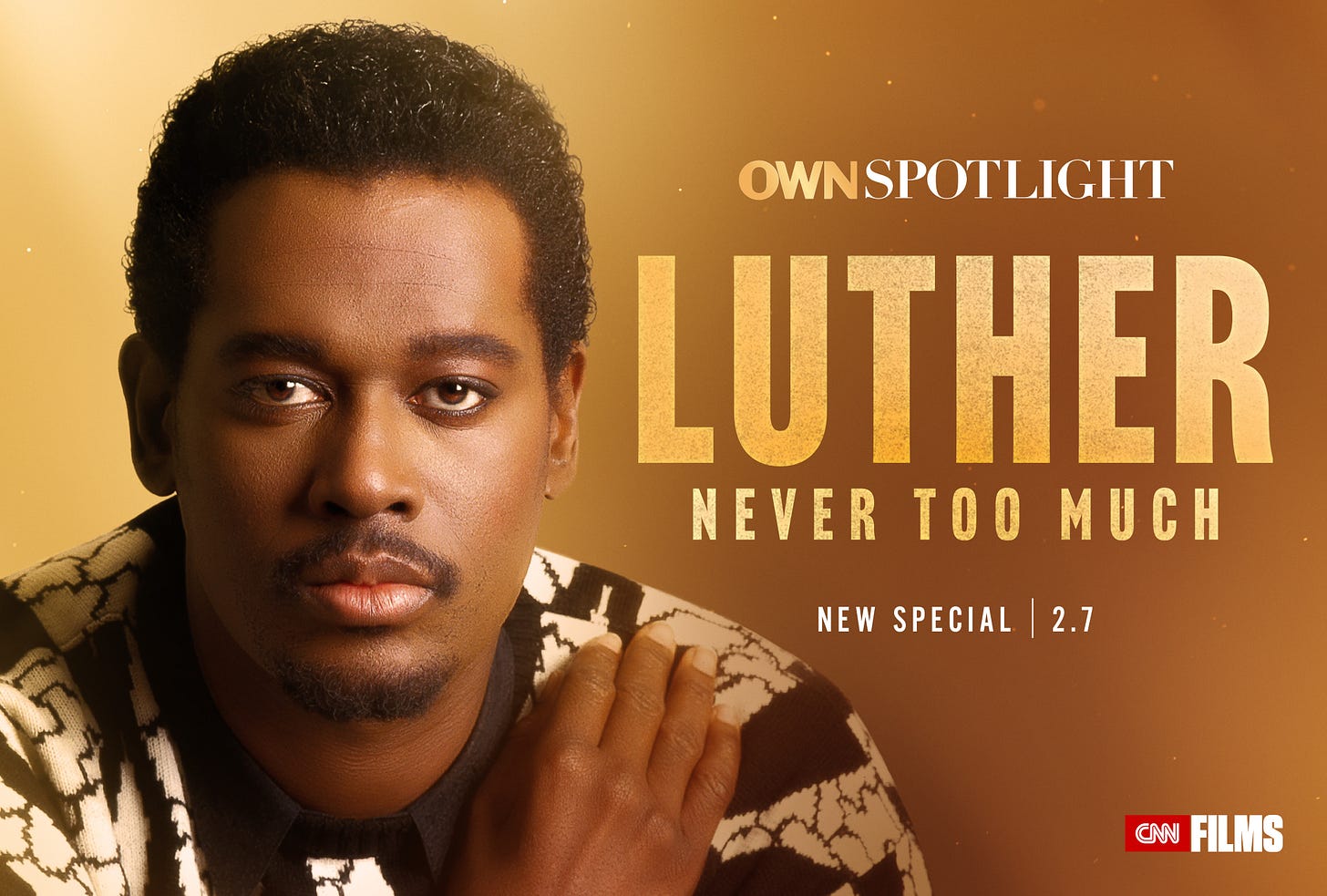Why Prime Video's 'Clean Slate' and 'Luther: Never Too Much' may be the perfect antidote for our turbulent times
As some rail against DEI, Black History Month and transgender people, these excellent shows prove the value of rejecting prejudice and embracing difference
I’ll be the first to admit that Prime Video’s new show Clean Slate isn’t likely to be burning up the Emmy awards later this year.
As one of the last projects worked on by legendary TV producer Norman Lear, it’s the kind of setup that feels awfully old school, despite its home on a streaming service and single-camera, filmic production style.
George Wallace plays Harry, an old school car wash owner in Mobile, Alabama who gets a visit from his grown child – and discovers she is a transgender woman who transitioned during their over-two-decade estrangement. The child, Desiree Slate, is played by transgender actress Laverne Cox, who actually grew up in a small Alabama town and serves as a co-creator of the show.
At a time when the people currently running the U.S. government seem intent on erasing transgender people and treating them like second class citizens, it means something that Prime Video is presenting a well made, occasionally heartwarming comedy about a father and daughter each trying to learn how to accept the other for who they are, despite a long history of differences.
In the way that Lear used relateable family conflicts to address larger issues in classic sitcoms like All in the Family and The Jeffersons, Clean Slate tackles transphobia and small town provincialism in stories which find Desiree in conflict with some church ladies in town and Harry having to put money in a large glass jar every time he gets his daughter’s pronouns wrong.
Small wonder then, that Wallace told The Hollywood Reporter another inspiration for the series was his approaching Lear about a revival of Sanford and Son — the classic sitcom starring Redd Foxx as the owner of a junkyard who feuded with his sister-in-law and his son. These days, a comedy about Black man working in a junkyard might not go over so well, but by making Harry the owner of a car wash, the show still features a more traditional guy in a humble job occasionally flummoxed by the pace of change in the world.
I talked about this show and Dawn Porter’s excellent Luther Vandross documentary, Luther: Never Too Much on NPR’s midday show Here and Now, because I think it’s important to keep visible things that some people these days are trying to disappear – like empathetic portrayals of transgender people and celebrations of notable Black pioneers during Black History Month.
Porter’s Never Too Much – which airs on the Oprah Winfrey Network this week after debuting on CNN New Year’s Day -- does a great job of tracing Vandross’ life and career. Along with his well-known career triumphs, we see his early origins in a singing group that performed on Sesame Street and his work as a background singer with artists like Roberta Flack, Dionne Warwick and David Bowie (yes, the backing vocals on Bowie’s hit “Young American,” including the hooky chorus, were his creation).
As I said on Here and Now, I did wish the film had delved deeper into the speculation that Vandross was gay, which he never publicly confirmed or denied. Because Black culture in America has struggled, in particular, with homophobia and similar issues, the story of how some Black performers dealt with these questions decades ago, could offer telling lessons.
But that’s ultimately nitpicking a film which serves as a great introduction to an artist who always worked hard to transcend boundaries others might place on him.
Overall, Vandross’ tale and the storylines in Clean Slate offer a potent antidote to efforts which seemed aimed at erasing certain kinds of people and certain kinds of histories. Because all too often, erasing a people’s history is just the first step to marginalizing them completely.




Was on the fence with clean slate (I’m already watching too many shows haha) but will check it out since you recommend it!
Yet again, incisive about contemporary matters.